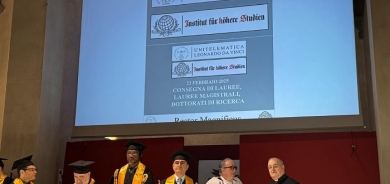US Ambassador Rejects Threats Against Iraq’s Grand Ayatollah Sistani Amid Speculative Media Reports

The United States Ambassador to Iraq, Alina Romanowski, firmly dismissed rumors circulating about a possible threat to Iraq’s Grand Ayatollah Ali al-Sistani from Israel. In a statement following her meeting with Iraqi Prime Minister Mohammed Shia’ al-Sudani, Romanowski emphasized the global respect for Sistani and the U.S.'s strong rejection of any notion of targeting the revered religious leader. She underscored Sistani's critical role in promoting peace and stability in the region.
The ambassador’s response appears to counter claims made by Channel 14, a right-wing Israeli media outlet, which recently broadcast a controversial segment suggesting the targeting of various regional figures linked to Iran-aligned groups. Although the report sparked widespread concern, no official evidence indicates that the Israeli government has made any such threats against Sistani. Analysts believe the segment reflects the media's perspective rather than government policy.
Prominent Kurdish politician Hoshyar Zebari also weighed in, dismissing the rumors as unfounded. Zebari highlighted Sistani’s esteemed status globally and suggested that, in the event of any Israeli retaliation, it would be directed at Iran-backed militias in Iraq, not the Ayatollah. Zebari pointed to Iraq’s sectarian tensions, noting that the competition between political factions has likely fueled these speculations, exacerbated by the broader conflict between Israel and Iran.
The Iraqi government, led by Prime Minister Sudani, has condemned the reports and called for calm, emphasizing its commitment to maintaining regional stability. As Iraq continues to navigate its complex political landscape, officials remain vigilant in preventing external tensions from spilling over into the country.
This episode underscores the fragile balance in Iraq, where geopolitical rivalries between Israel, Iran, and their respective allies could easily draw the nation deeper into conflict.












